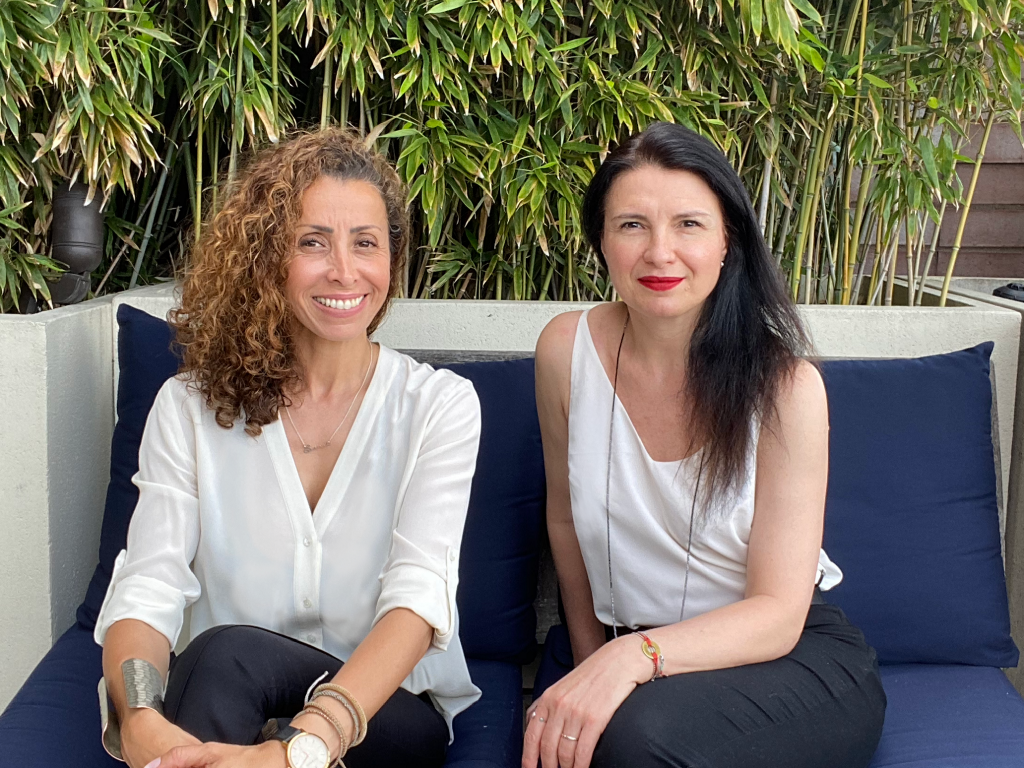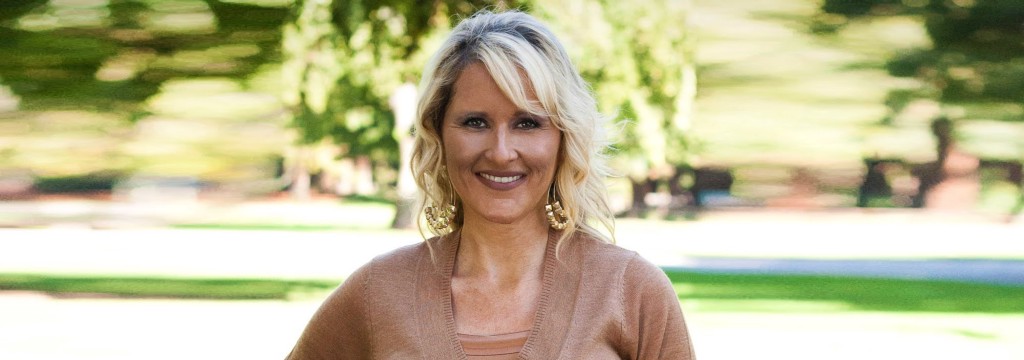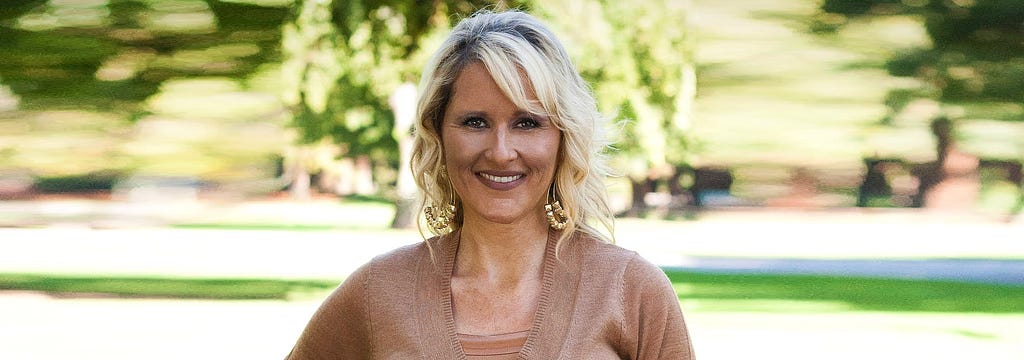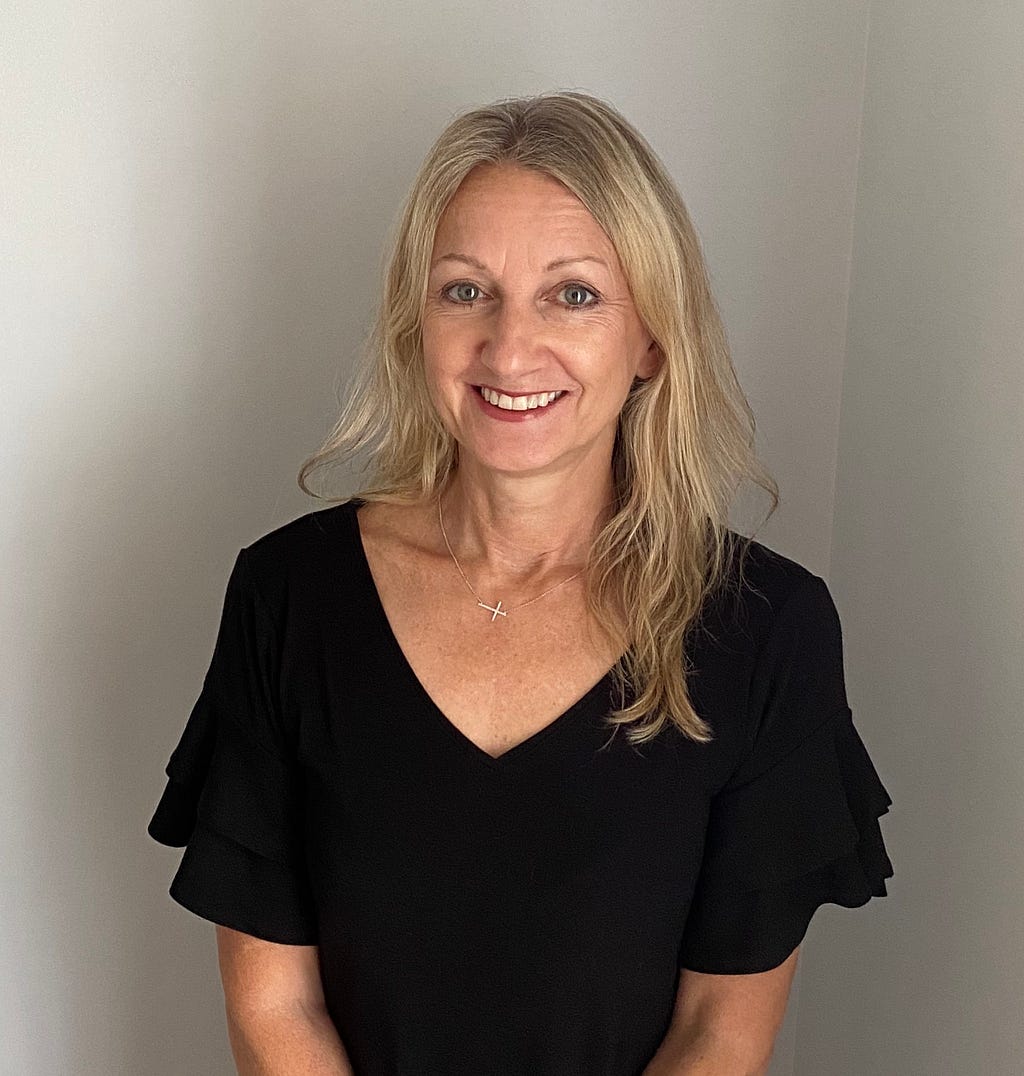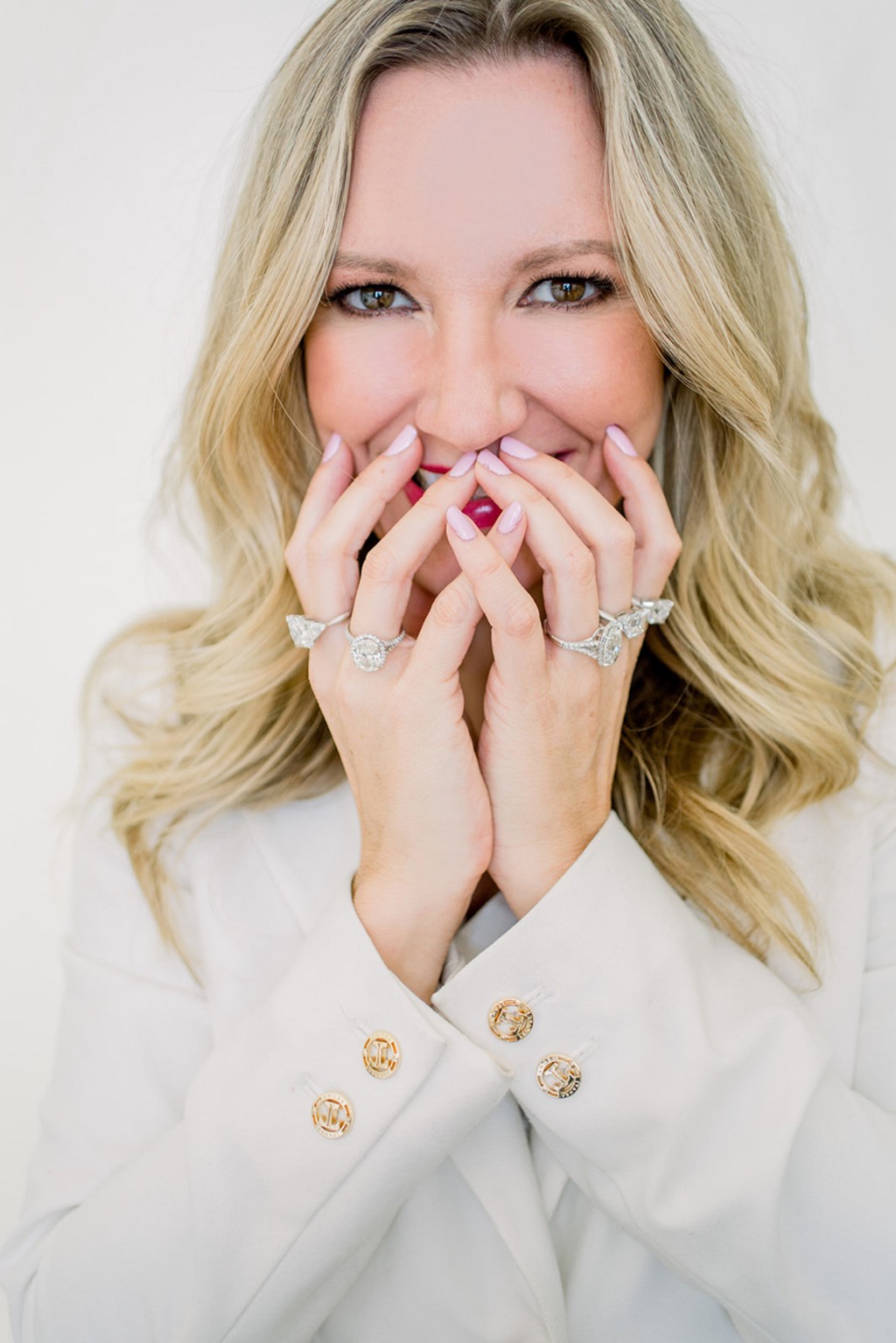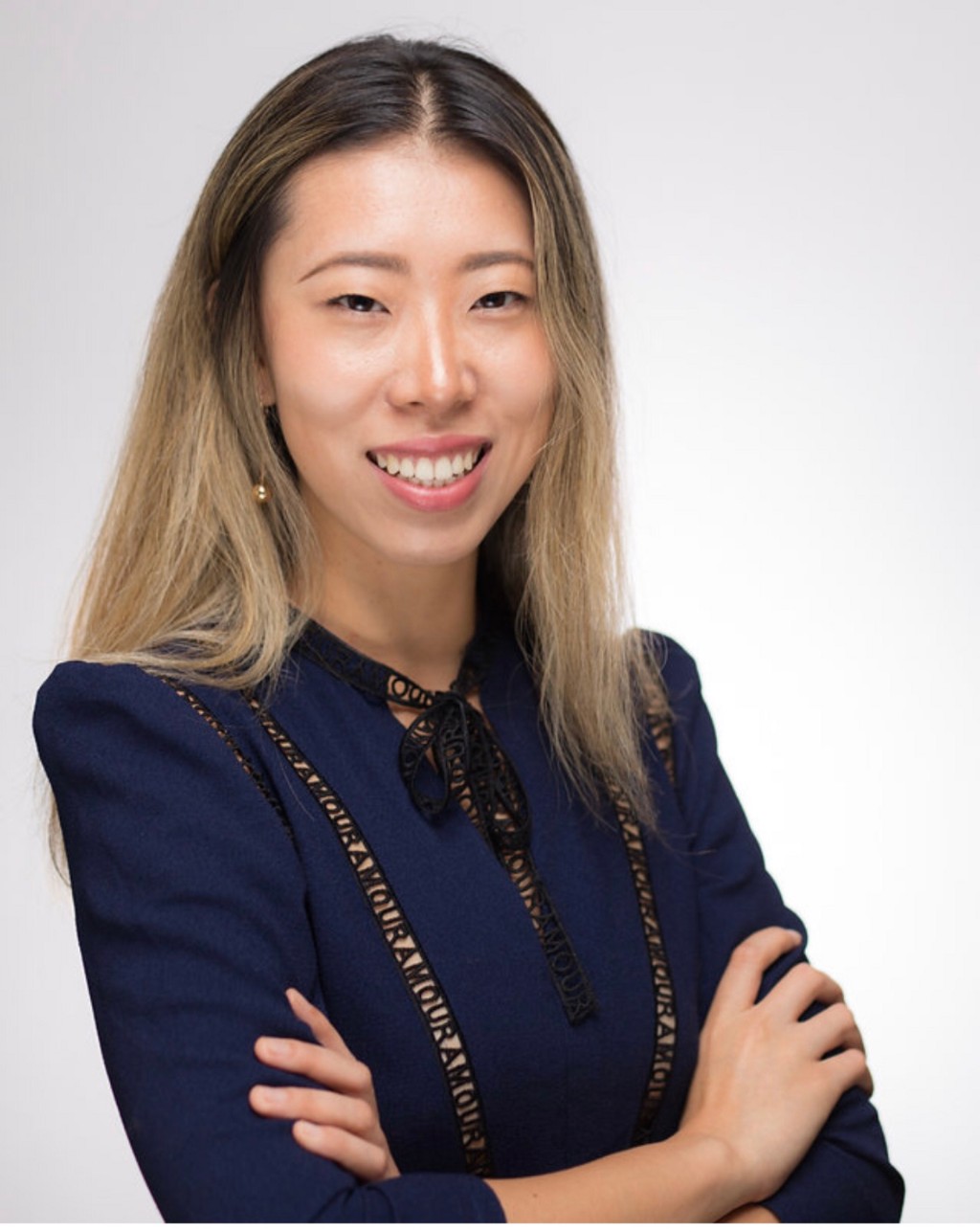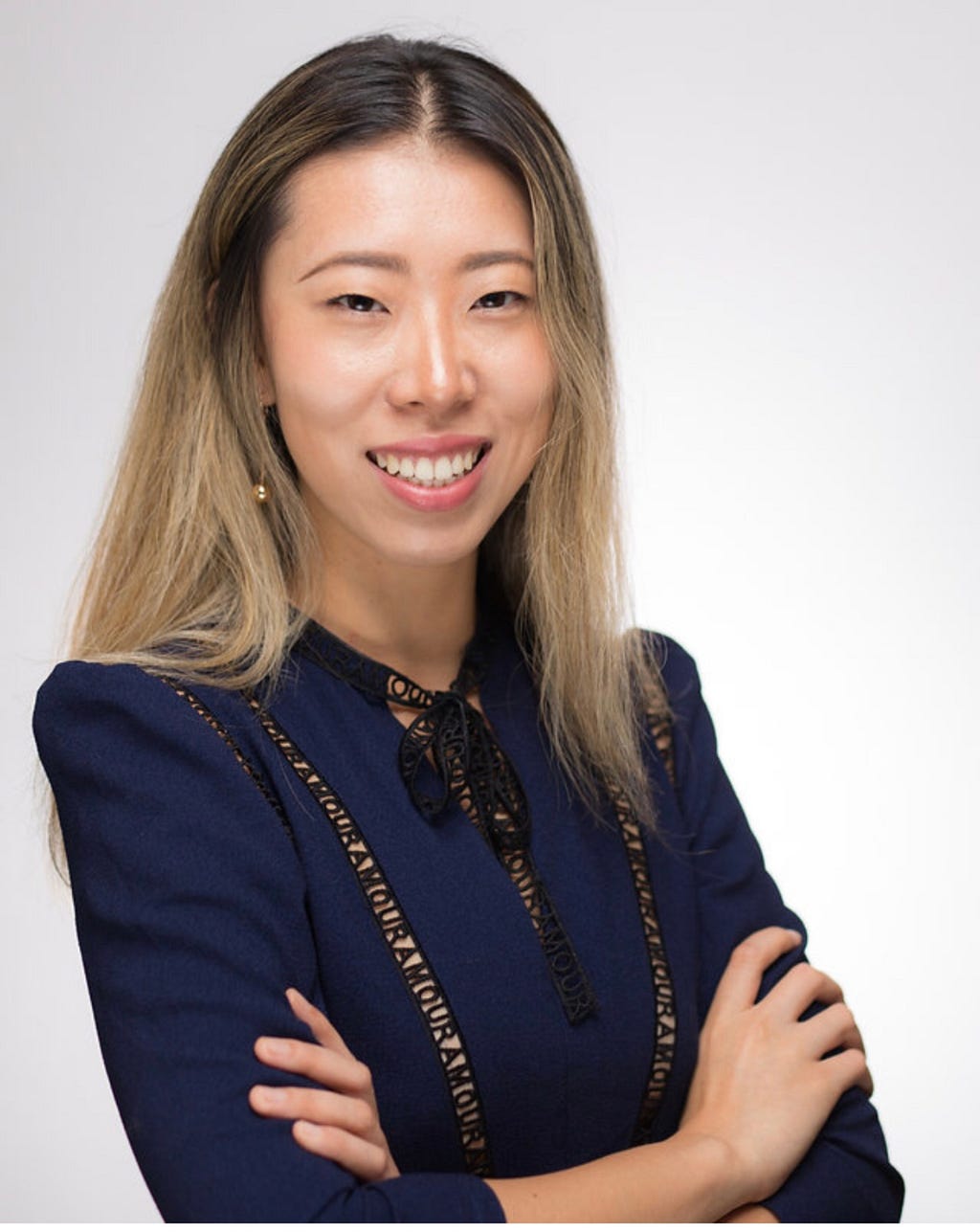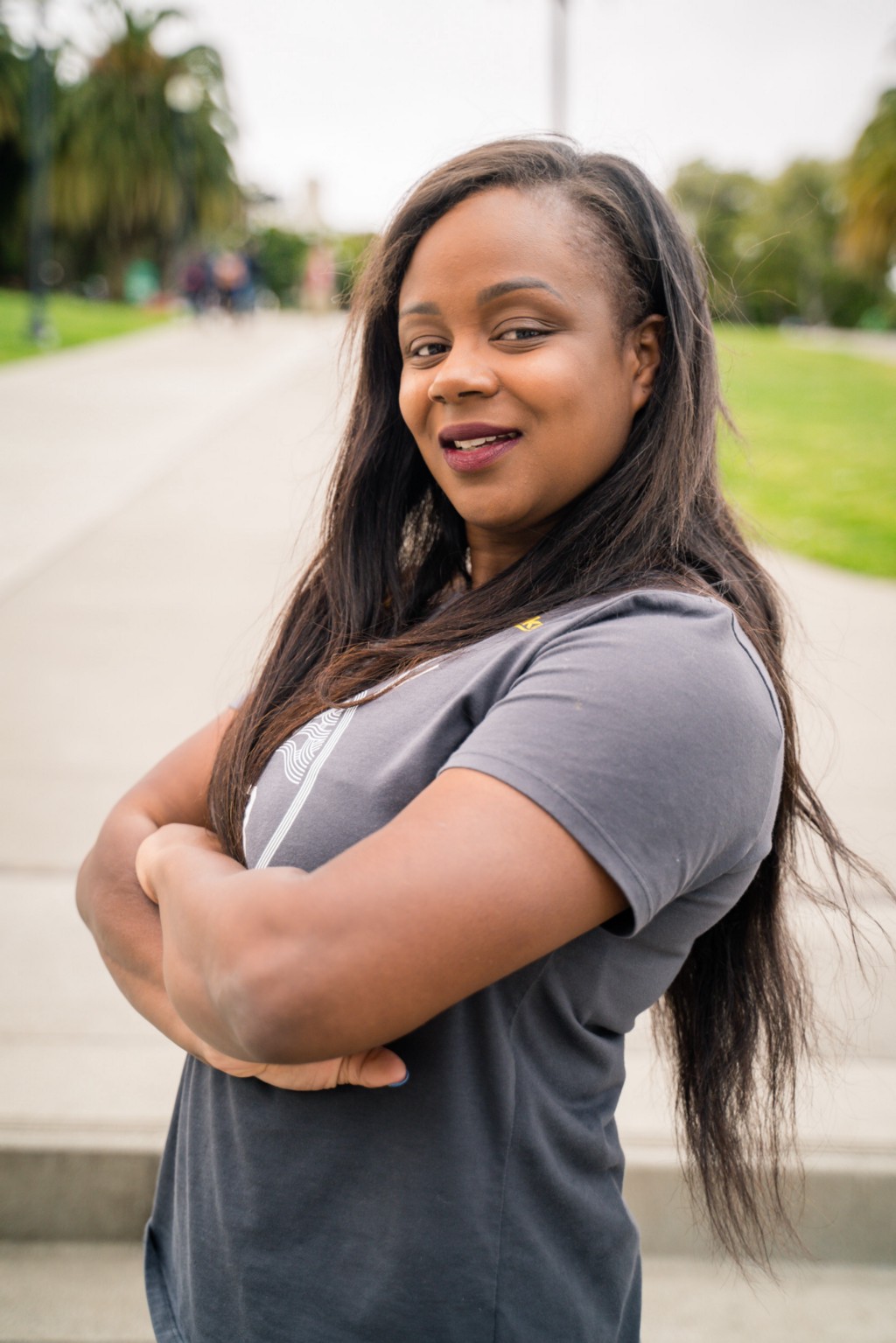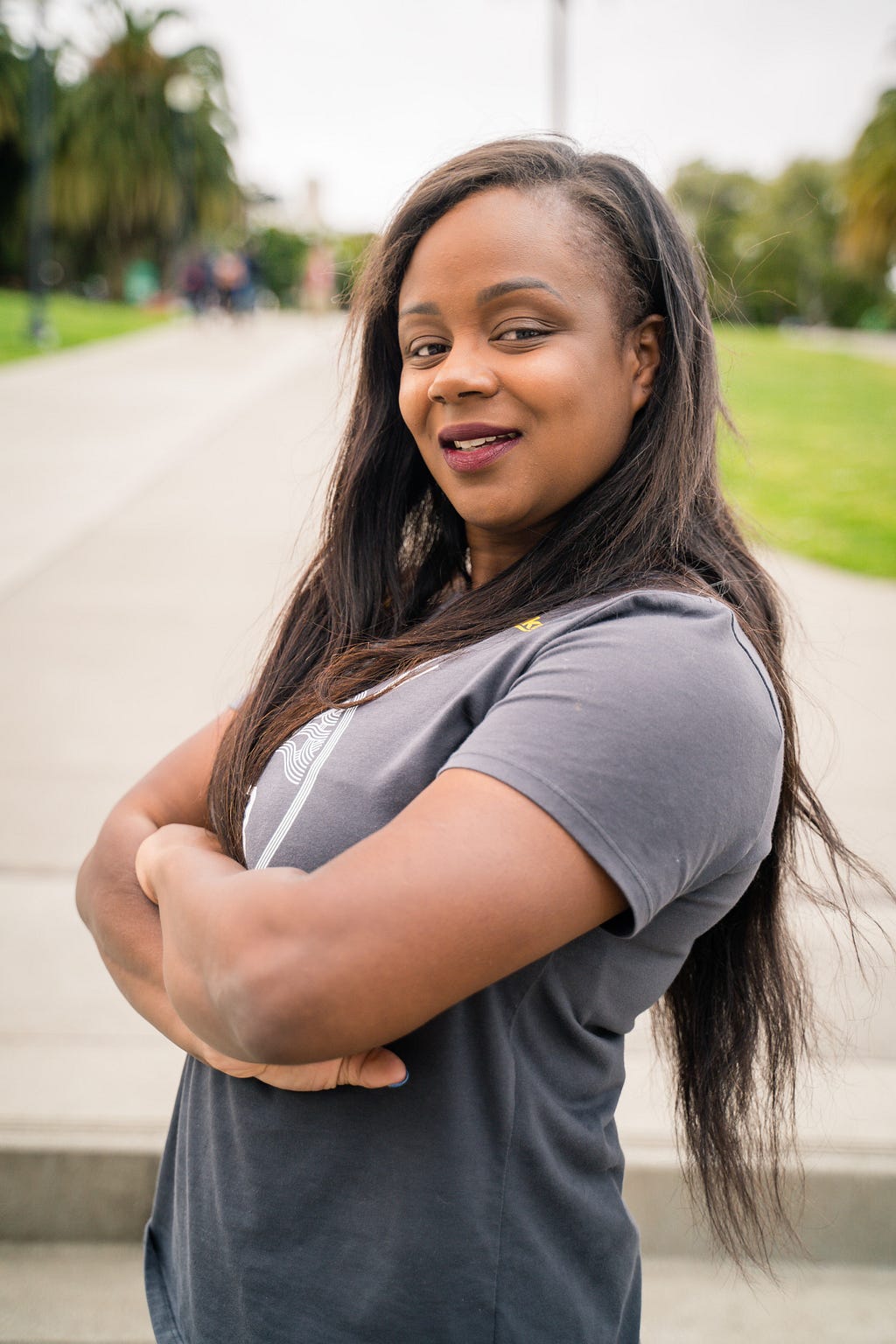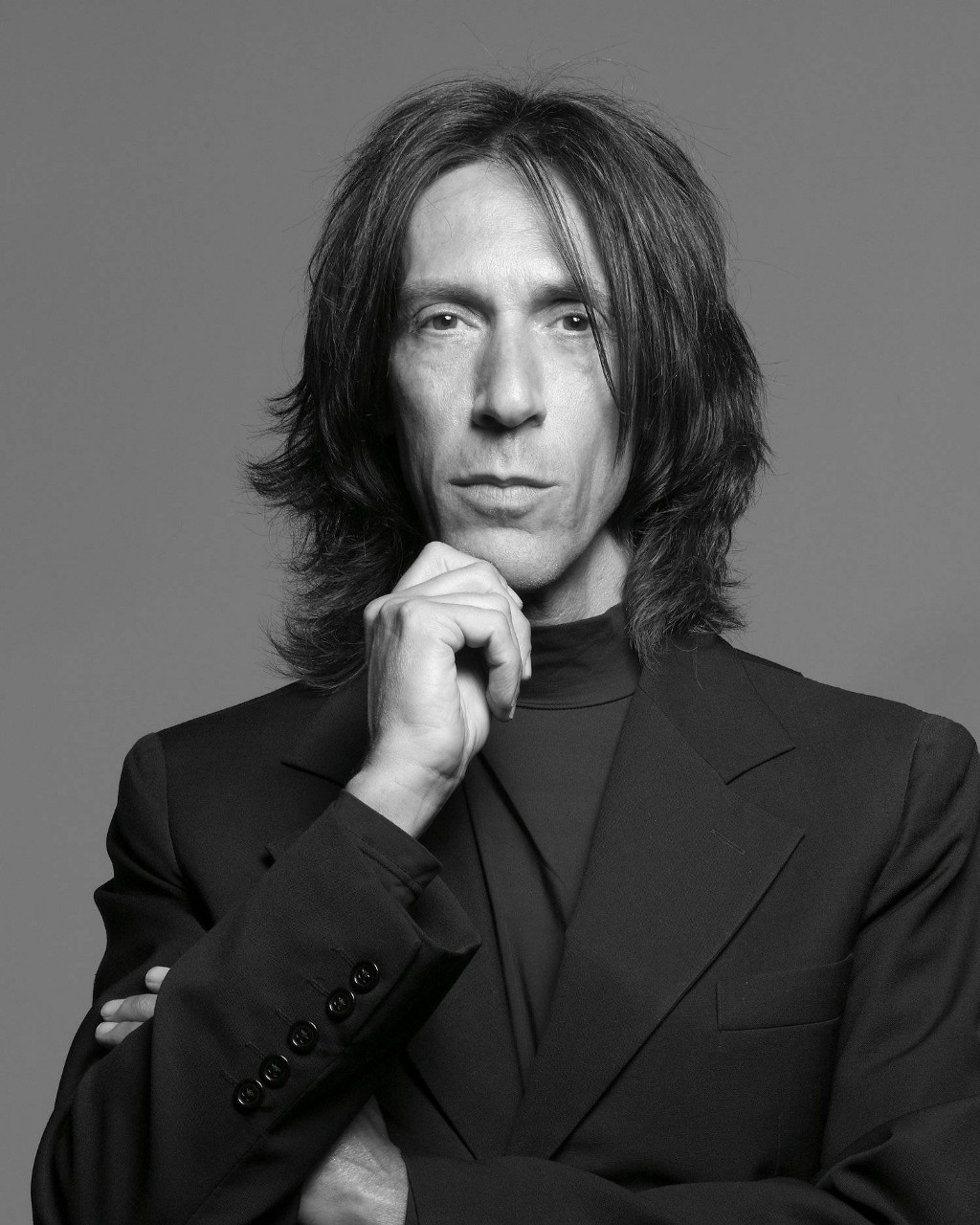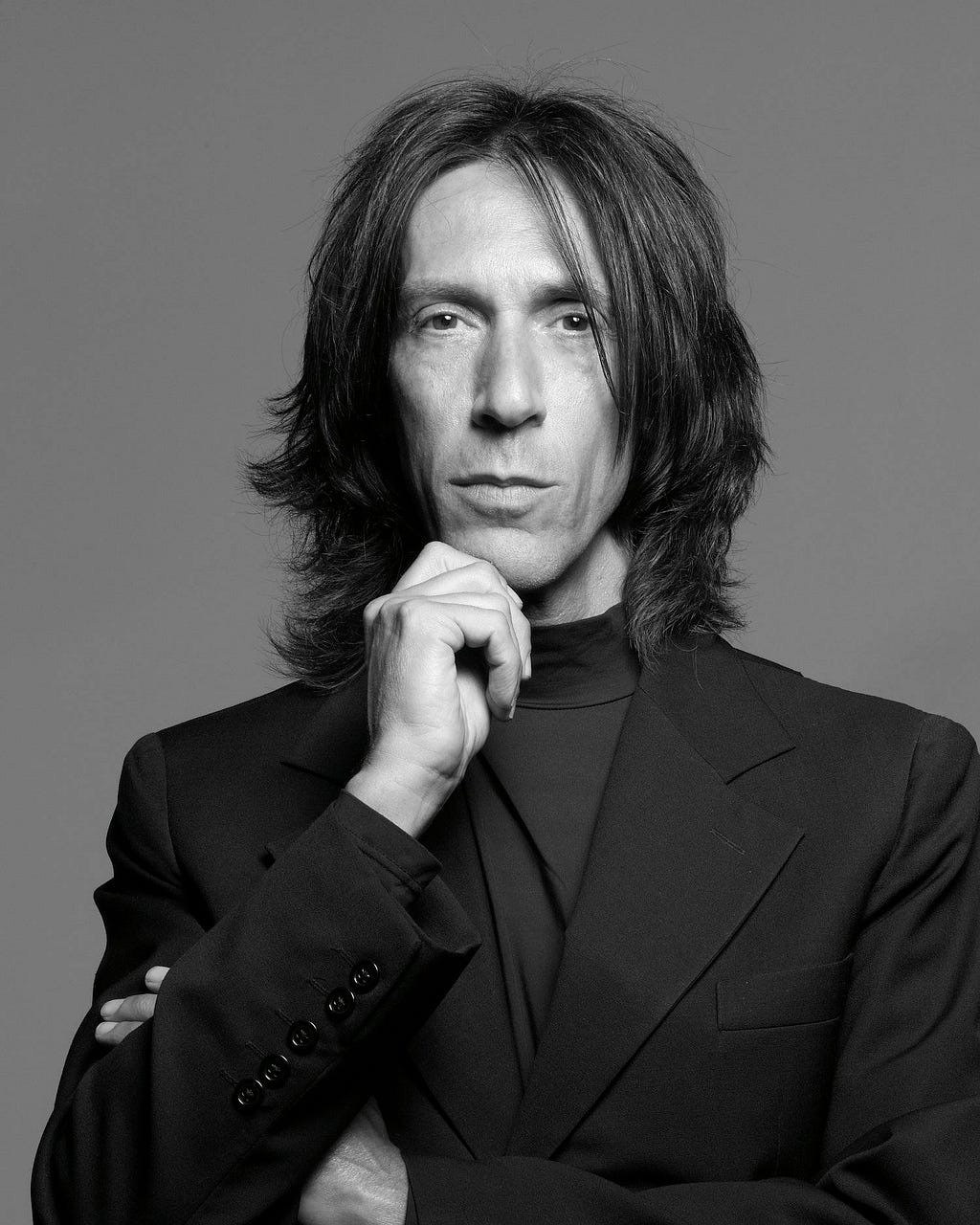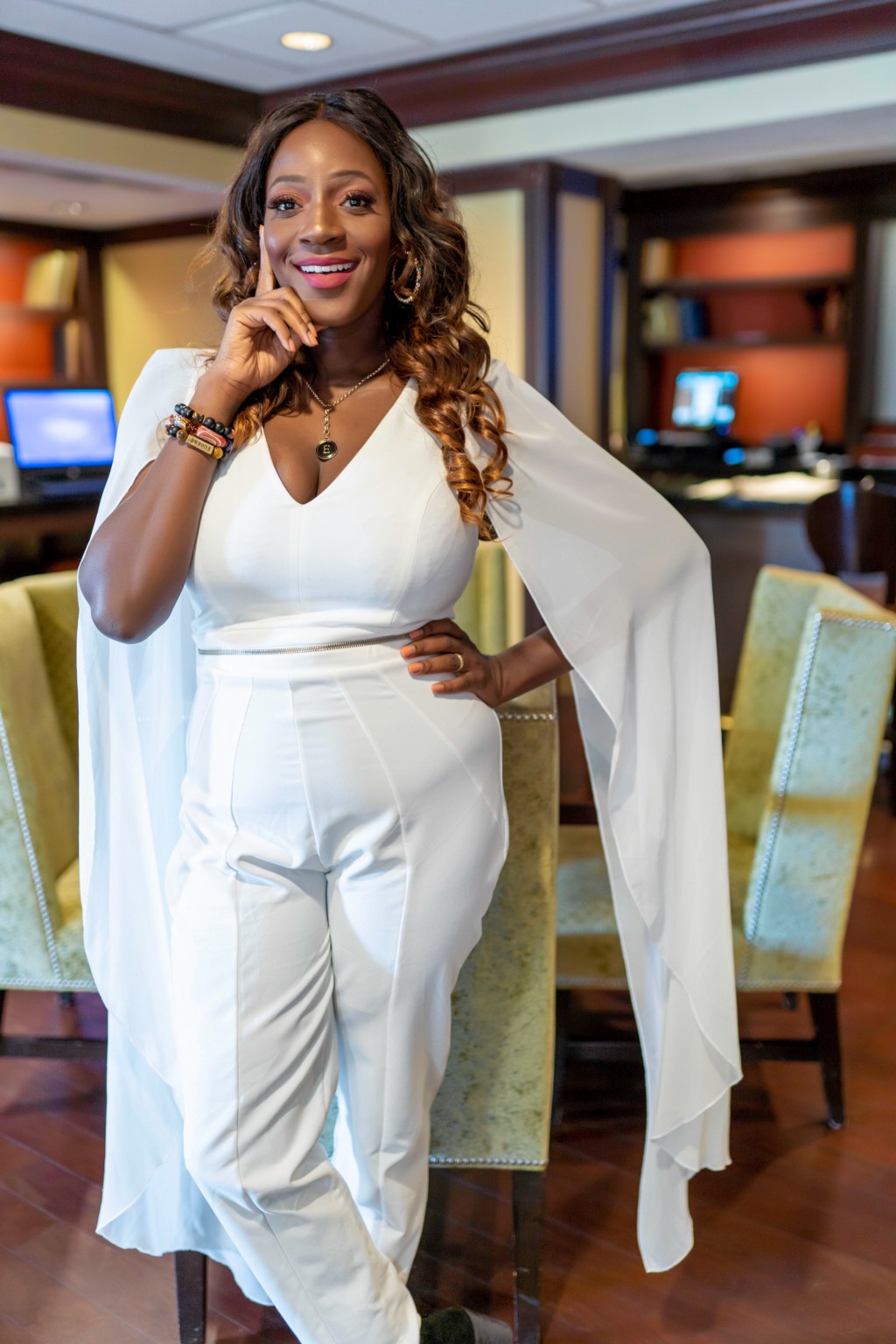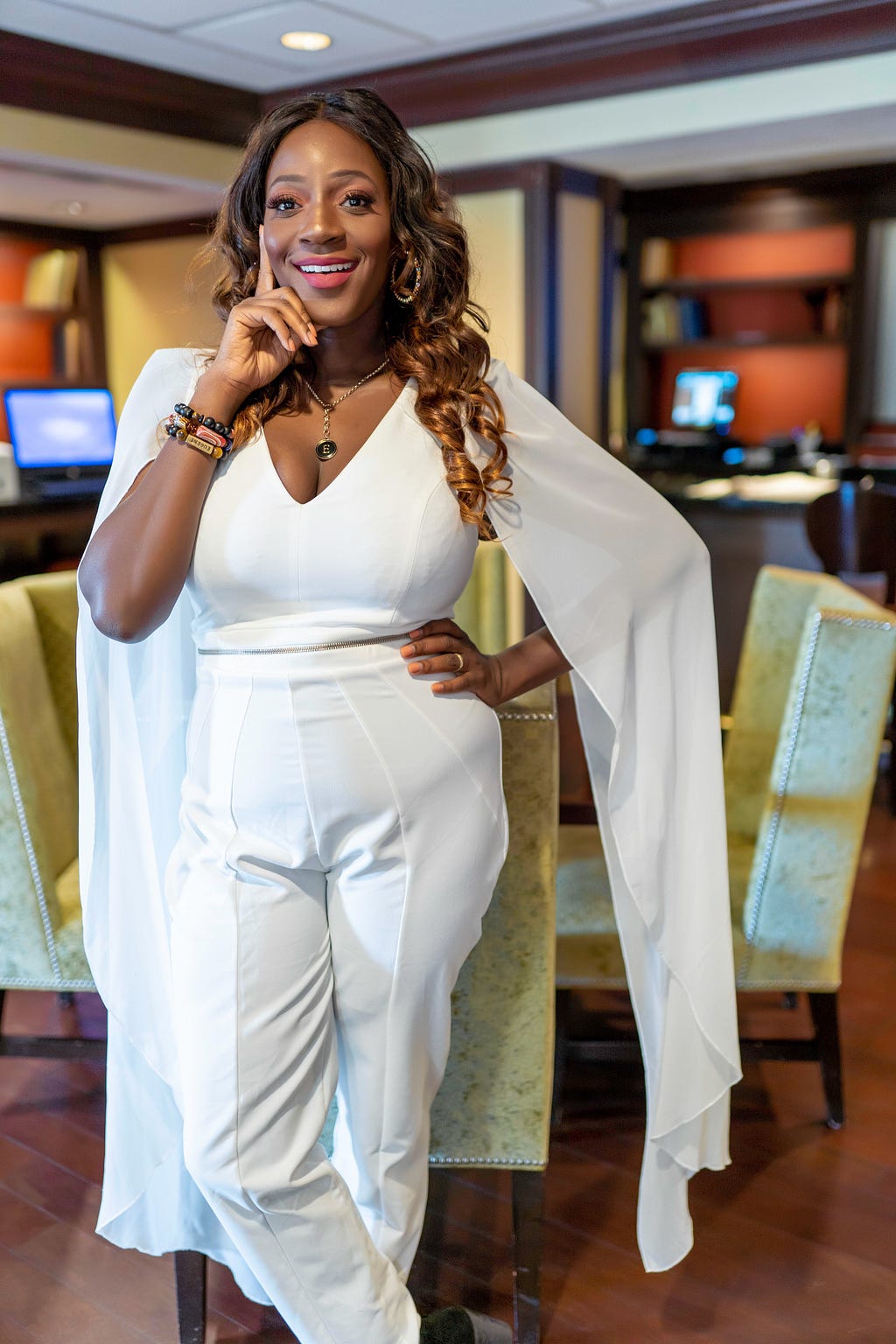Female Disruptors: Sonia Khemiri and Sylvie Giret of Beautyque NYC On The Three Things You Need To Shake Up Your Industry
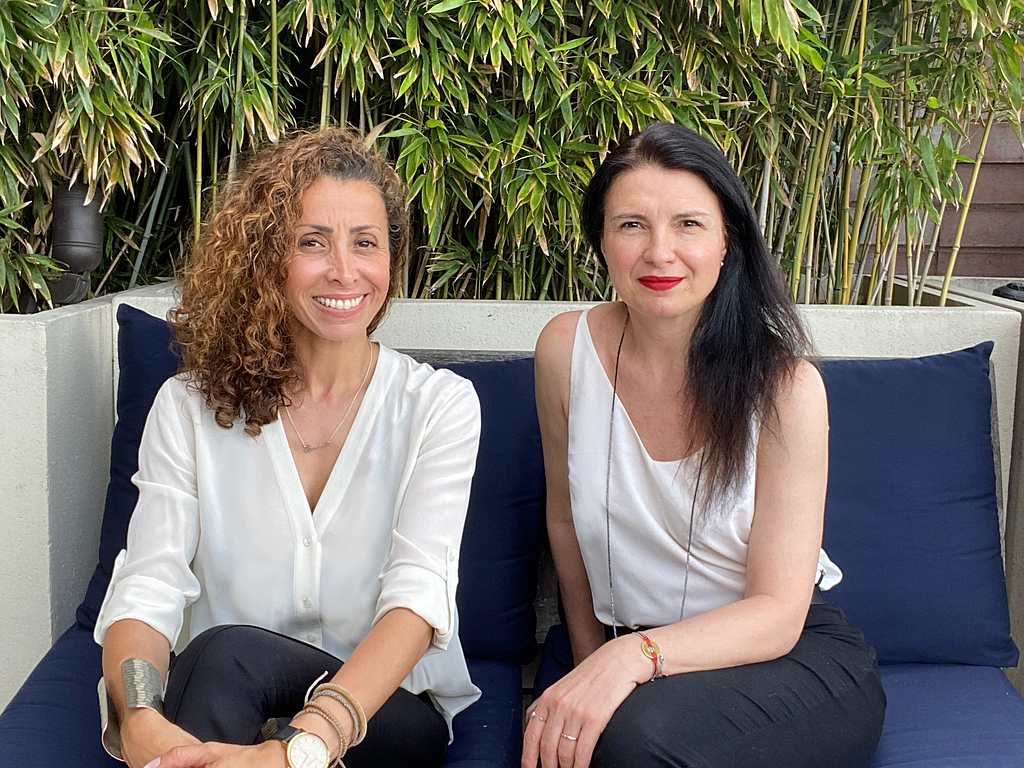
We are altering the traditional way for brands to sell through e-commerce: they have an innovative, high quality store-like place where they can showcase their products. We are giving them the opportunity to tell their story and engage with consumers in multiple ways including though live events, where they can interact directly, through embedded video content where they pass their own messages and more
As a part of our series about business leaders who are shaking things up in their industry, I had the pleasure of interviewing Sonia Khemiri and Sylvie Giret.
As beauty brand founders, both Sonia and Sylvie, who are French-born and US-based businesswomen, understand the complexities of taking a product to market. It was when discussing their own needs as indie brand founders that Sonia and Sylvie created Beautyque NYC: a space that would mix the benefits of a tradeshow, of a showroom and of a retail store, where they could safely engage with customers and take the time to explain their products and brand concepts. They created Beautyque NYC as a disrupter for the beauty and wellness retail industry to elevate the digital platform for independent and emerging brands.
Thank you so much for doing this with us! Before we dig in, our readers would like to get to know you a bit more. Can you tell us a bit about your “backstory”? What led you to this particular career path? Can you tell our readers what it is about the work you’re doing that’s disruptive?
When we look at the definition of disruptive it’s either interruptive by causing a disturbance or drastically altering the structure of something. We are definitely the second one. We are altering the traditional way for brands to sell through e-commerce: they have an innovative, high-quality store-like place where they can showcase their products. We are giving them the opportunity to tell their story and engage with consumers in multiple ways including live events, where they can interact directly, through embedded video content where they pass their own messages and more. Our community, made of several thousands of beauty enthusiasts, likes this new platform, although it’s also very new to them. Pretending it was in our plans since the beginning would be lying, and COVID was the trigger to what Beautyque NYC is now. In a way, we had to disrupt our own vision of our own model, which was an omnichannel platform focusing around a physical store. But since we couldn’t do it this way, we had to find another way to execute our vision in a very short amount of time.
Can you share a story about the funniest mistake you made when you were first starting? Can you tell us what lesson you learned from that?
Before COVID, we were having appointments on the phone with brands to talk to them through our model and encouraging them to join us. We were expecting to do one of these calls in our shared space at the wing that is unfortunately closed now and we had an appointment with a bank before that but we did not plan it right and the appointment at the bank took more time than expected. We did not want to miss the call. In the middle of a noisy space, we asked the bank representative if we could use one of his offices for the call. He was surprised by our request, but he allowed us to use their meeting office for the appointment. The call lasted 30 minutes and the bank representative even brought us some coffee. That was a very funny moment.
We learned to plan our week ahead together in order not to find ourselves in this situation even if it was funny in hindsight.
We all need a little help along the journey. Who have been some of your mentors? Can you share a story about how they made an impact?
Sonia: I did not have direct mentors but definitely one of my ex-bosses in my early career had an impact on me. He was a successful real estate developer and he was always telling me to never assume, and always work with method and discipline. My parents were indirect mentors by example. My dad did not tell me much, I just saw him doing and talking about his own experiences. I always saw courage in his actions facing adversity with strength and I have never seen him depressed or complaining. This had a huge impact on personality and who I am today.
One day I came back from school crying because I had received a 90% on an exam that I was expecting 100%. My dad surprisingly was home and was worried about seeing me crying — he probably thought someone bullied me or something like that, but when I told him he laughed out loud. It annoyed me and he saw that. Then he stepped back and told me something I will never forget: If you want to succeed you will face failure many times and without that you won’t succeed. I did not understand right away what he said but it made me think each time I face a result lower than my expectations.
Sylvie: Two of my bosses in my early career helped me a lot. They had one common principle that they kept repeating, and I still remember it fondly and I use it every day: Make decisions every day and get things done. You’re going to make bad decisions and good decisions, but at least there will be good decisions in it.
In today’s parlance, being disruptive is usually a positive adjective. But is disrupting always good? When do we say the converse, that a system or structure has ‘withstood the test of time’? Can you articulate to our readers when disrupting an industry is positive, and when disrupting an industry is ‘not so positive’? Can you share some examples of what you mean?
Being disruptive is pretty much what many brands would like to achieve. When we look throughout the times of human history, disruption is what made us evolve as human species. Everyone would like to be the pioneer of a change to something new, easier, more convenient and different that makes a real impact in people’s lives. If a system or structure has withstood the test of time it is probably because it’s convenient, comfortable, or classic and when it’s like that there is probably no reason to disrupt that. For example, if there was no pandemic, there wouldn’t have been a good reason to force the retail industry to change as long as people wanted to go to stores. The technology was already evolving in a way toward change slowly to enhance digital space commerce.
On the other hand, when we disrupt a space because we want to change things that are not convenient for a particular reason, and if that reason resonates with enough people, the disruption can only be positive. Also, as in our case, the disruption came from a crisis and a way to do things differently because the circumstances are forcing us to survive a challenging situation. In this case, it’s only a positive thing as it’s a solution to a particular problem that serves a purpose.
Can you share 3 of the best words of advice you’ve gotten along your journey? Please give a story or example for each.
Sonia:
1. If someone can do It, then I can do it. This comes from my dad. For example, when I identified what is not working for my beauty brand I wanted to know what other successful brands are doing that I was not. I was reading articles, magazines, stories, but it was not enough for me. Then one time I spent two days in a CEO summit where all the big names of the industry were present. My brand did not belong there, but I was determined to meet and understand what was going on. I met several interesting people that were open to tell me their own stories and I even spent the whole two days with the founder of a company that was sold for $900 million dollars. Some people questioned my presence, but for me it was very insightful as it helped open my scope of analysis and allowed me to see other opportunities for my brand and brands like mine.
2. Know your industry as if it was a PhD. Since my background was not in beauty, I needed to understand it well. Then I went to networking events, took classes in formulation, took classes in FIT, subscribed to all of the beauty magazines and attended trade shows. Sometimes I felt it was too much, but when I look backward it served me to learn things I didn’t know and see opportunities I did not otherwise.
3. Do what you want, not what others want. Where I come from, women are meant to be well educated, professional and married. Some saw me as a future doctor, a bank executive — both great professions but not an entrepreneur. I always knew I wanted to be an entrepreneur and I did not share it out loud, not even to my family. I was not hearing what people thought about what I should be or should do and I am glad I did not listen.
Sylvie:
- Make decisions every day. When we launched Beautyque NYC online, we didn’t spend time drafting plans and thinking about the things we would need to achieve. Sonia and I are both very pragmatic and we kept it very ‘hands-on’. A few times it happened that we started talking about implementing an idea on Monday, and after a very quick evaluation of the risks and the process, we would launch the task or the program by the end of the same week if not earlier. Of course, we made a few mistakes along the way, but very small and much smaller than the positive outcome that was gained. The launch of Beautyque NYC itself is an example. The launch of what we call our Brand Evaluation program, the launch of our live events — all these ideas were discussed.
- Learn from the ones who have done it successfully, and don’t waste time listening to the rest.
- Follow your gut.
We are sure you aren’t done. How are you going to shake things up next?
We want to bring our knowledge and expertise to other retailers — to help them pivot and adjust to these unprecedented times. With this perspective, we are developing our own code to be able to push the technology to its maximum and fully customize the experience.
In terms of technology and helping others, for us it’s important to build our own platform to help other retailers in these very unpredictable times. We are planning to have a platform that is totally customizable and a perfect replica of the real store, with enhanced and easy shopping experiences.
We are also creating a community of brand founders and a community of women. We want and we will be creating a market share for brands that are worth being seen and not only the ones the biggest retailers want. We are building a community of women where they will have the freedom and comfort to learn about their beauty, sexual life, skincare and make up and the ability to purchase great products under one digital roof.
In your opinion, what are the biggest challenges faced by ‘women disruptors’ that aren’t typically faced by their male counterparts?
Sometimes women in beauty are thought to be in the industry just because they like cosmetics and makeup. For example, Sylvie And I are far from being makeup junkies. We do not see it this way really, even if we are aware of women’s challenges, because we are one of them. We prefer to focus on the things that we have to do in order to succeed. It’s already challenging to succeed in a disruption because you may be bothering some established structures. In our case, we are responding to a problem that we are all facing. It will take time because whatever we knew before is gone, there is so much uncertainty that some still hold in the old way to feel secure. However, whether we like it or not, things are changing and focusing on our gender challenges may be very secondary in this case. We may treat it as we treat racism, or islamophobia or anti-Semitisms. We won’t fight their beliefs of who is facing us, but we’ll get through it to get what we want if needed.
Access to funding is still very sexist and even if it’s changing, it’s changing slowly. More male-founded businesses receive funding from VC’s and investors in general than female-founded businesses.
There is also a general inclination to doubt female disruptors capabilities: does she mean it? Is she capable of it? Does she know what she’s doing? How is she going to manage? That tends to get many women to hold back and not necessarily give their best. Overall, ambition is more often perceived as a negative quality in a woman when it would be positive in a man.
Do you have a book, podcast, or talk that’s had a deep impact on your thinking? Can you share a story with us? Can you explain why it was so resonant with you?
Sonia: The last book that had an impact on me was a book from Yuval Noah Harari. I was at the airport and bought it for my flight and I actually finished it on the flight. His point of view as a historian resonated with me when he was talking about the difference between us and animals and why we were at the top food chain — it is our capacity of telling stories. Stories are used everywhere from religion, to politics, to marketing. It’s all about stories and how well you are telling your story. It resonated with me because telling a story was not my natural thing and I learned to pay more attention to it.
Sylvie: I have many, but Sheryl Sandberg’s book “Lean In” is the one that I learned a lot from. Among the many aspects of women leadership that she deals with, I like the idea of the jungle gym versus the traditional approach of the ladder. It particularly resonates with me since I changed countries three times in my adult life, and my career at least as many times. There was no way for me to climb a ladder since my cards were reshuffled every time I moved to a new country, with not only a new job, but a whole new industry.
Can you please give us your favorite “Life Lesson Quote”? Can you share how that was relevant to you in your life?
Sonia: If someone can do it, then I can do it! That comes from my dad. It was relevant for me as I learned to study what people do to get where they are and I do the same if that’s what I want, but different in my way. It just gives me the confidence to do it.
Sylvie: Do not let anyone decide for yourself.
We are all surrounded by people who want to give us advice and “help” us. Listening to the right people is as important as making sure we don’t listen only to what we want to hear. At the end of the day, we are the ones making the decisions.
You are a person of great influence. If you could inspire a movement that would bring the most amount of good to the most amount of people, what would that be? You never know what your idea can trigger. 🙂
#Beautyquefest a festival celebrating beauty in all colors, age, sex, religion… a party where everyone will put themselves at their best. We help them do that and party together. A semi-annual event where thousands of people come to celebrate and enjoy their life and celebrate their beauty.
How can our readers follow you online?
On Instagram https://www.instagram.com/beautyquenyc/
Facebook https://www.facebook.com/beautyquenyc
Linkedin https://www.linkedin.com/company/beautyque-nyc
Website: www.beautyque.nyc
This was very inspiring. Thank you so much for joining us!
Female Disruptors: Sonia Khemiri and Sylvie Giret of Beautyque NYC On The Three Things You Need… was originally published in Authority Magazine on Medium, where people are continuing the conversation by highlighting and responding to this story.


